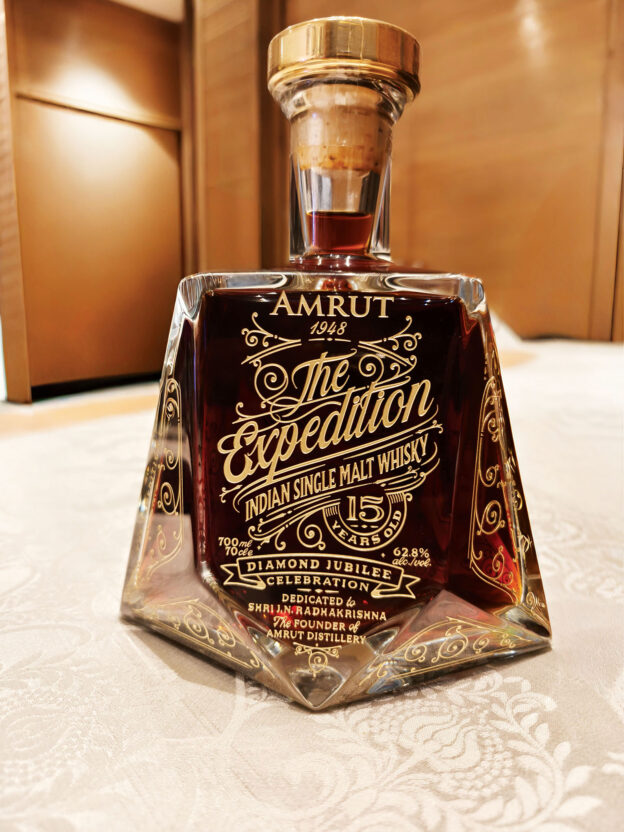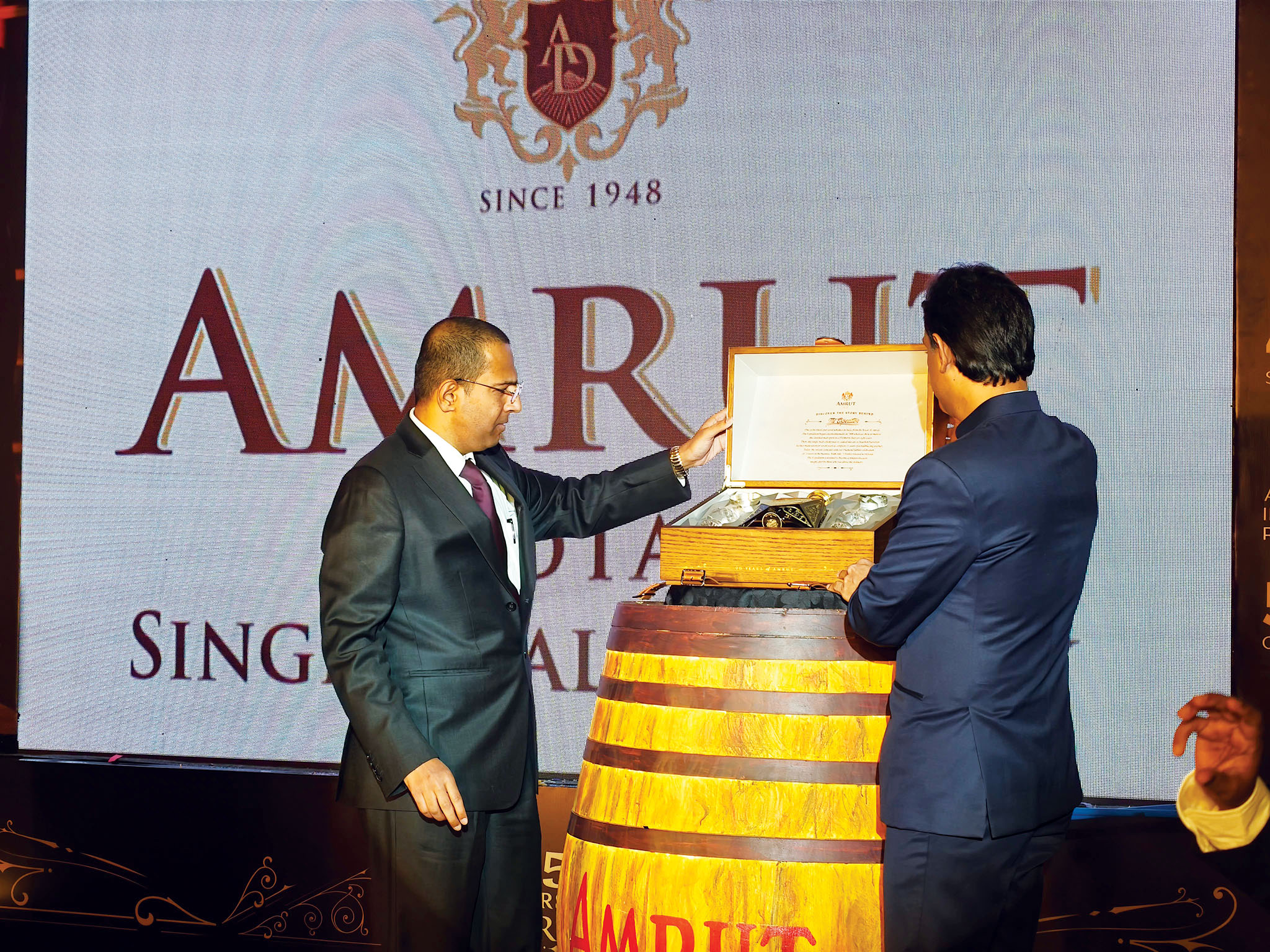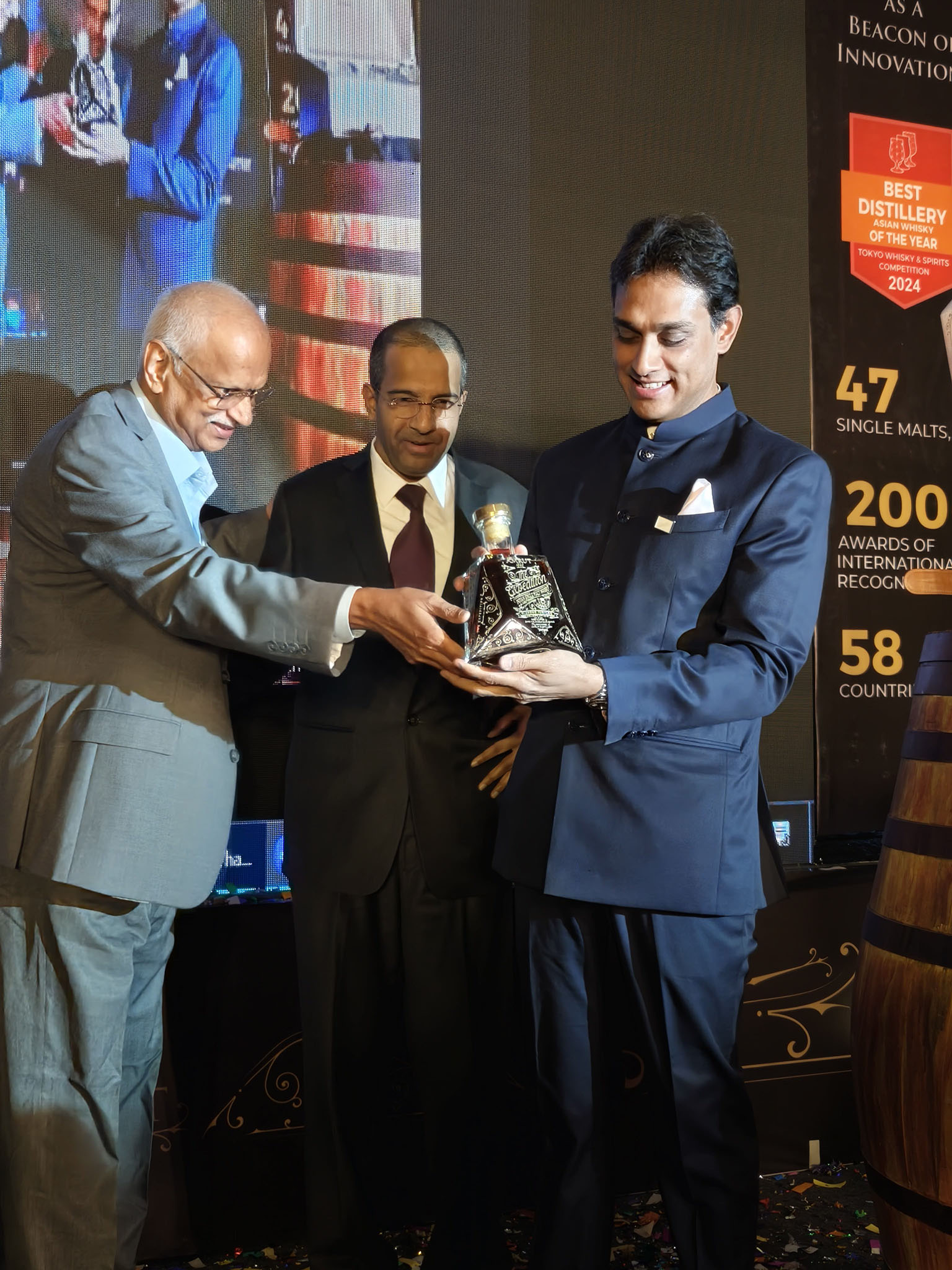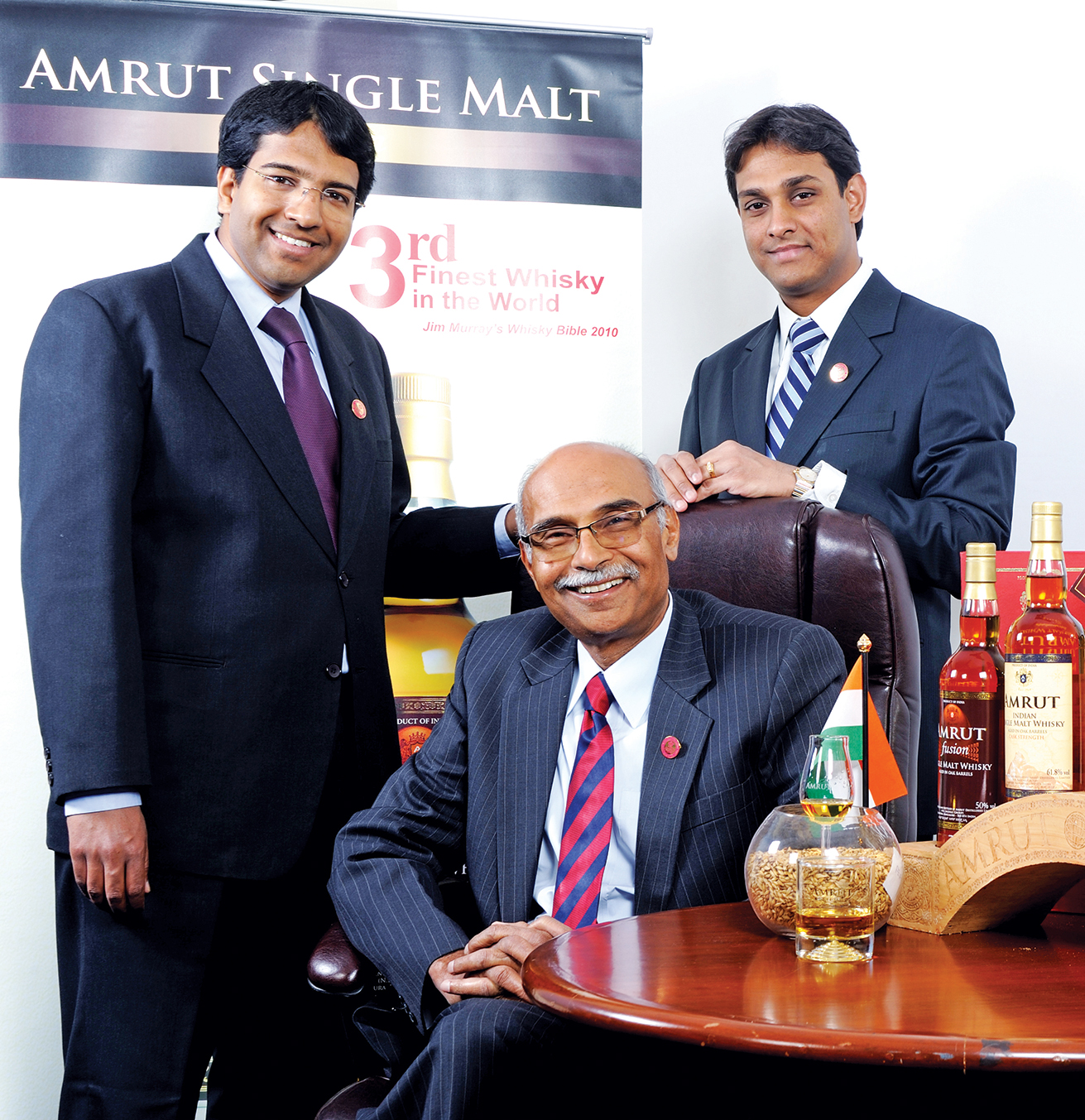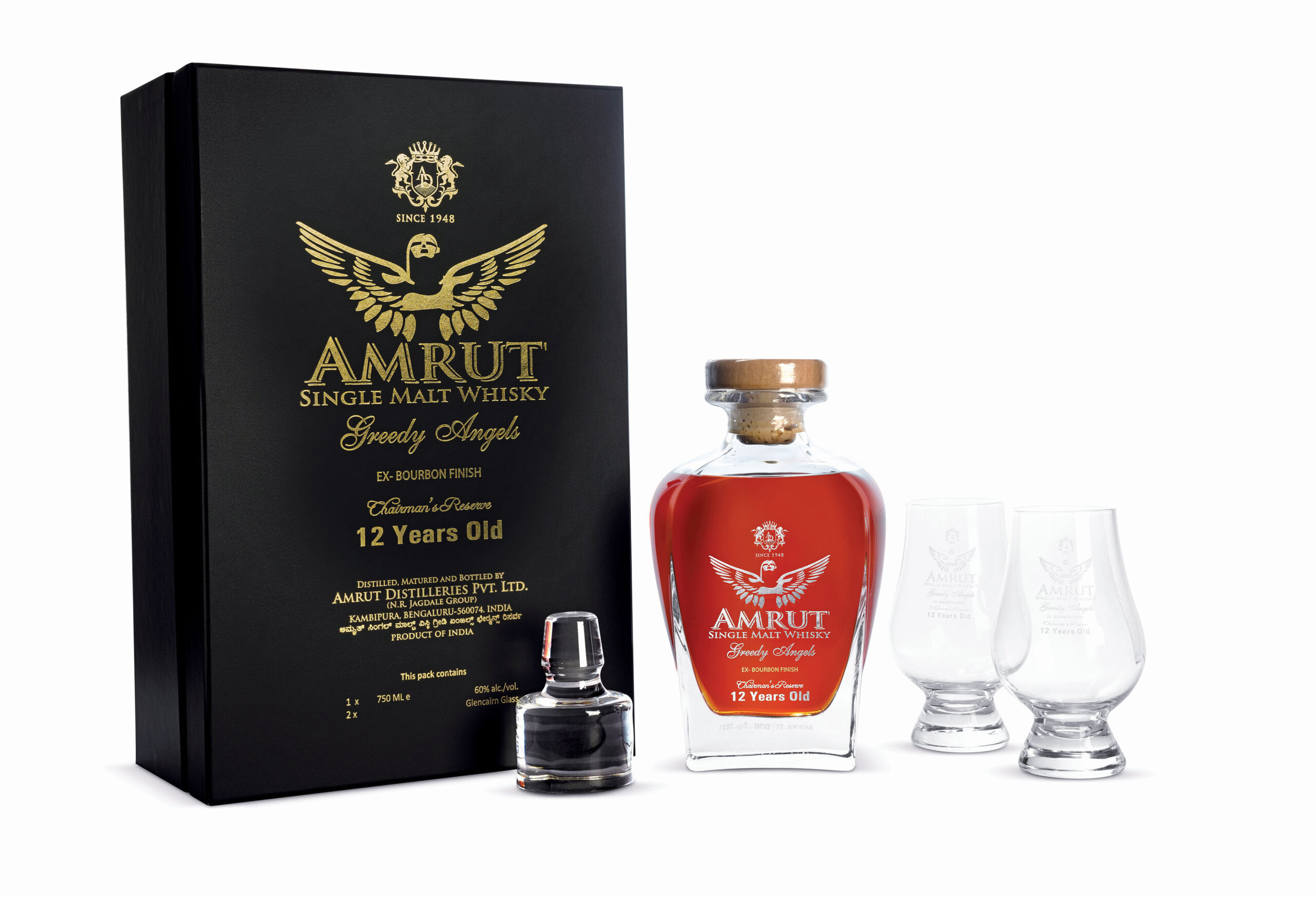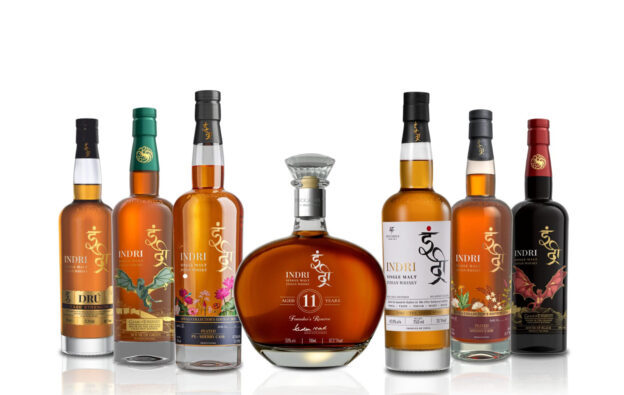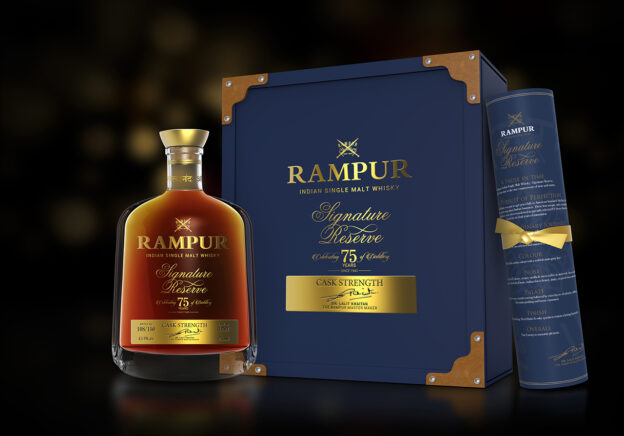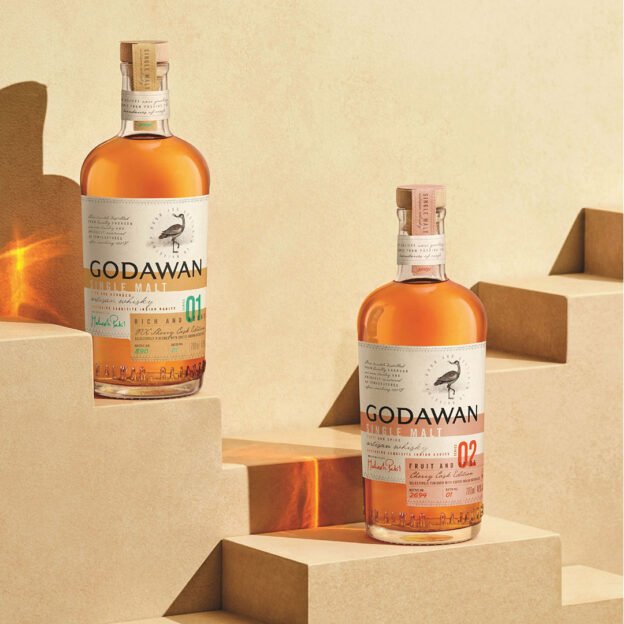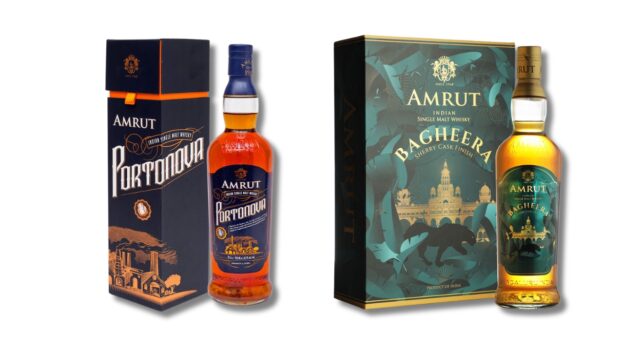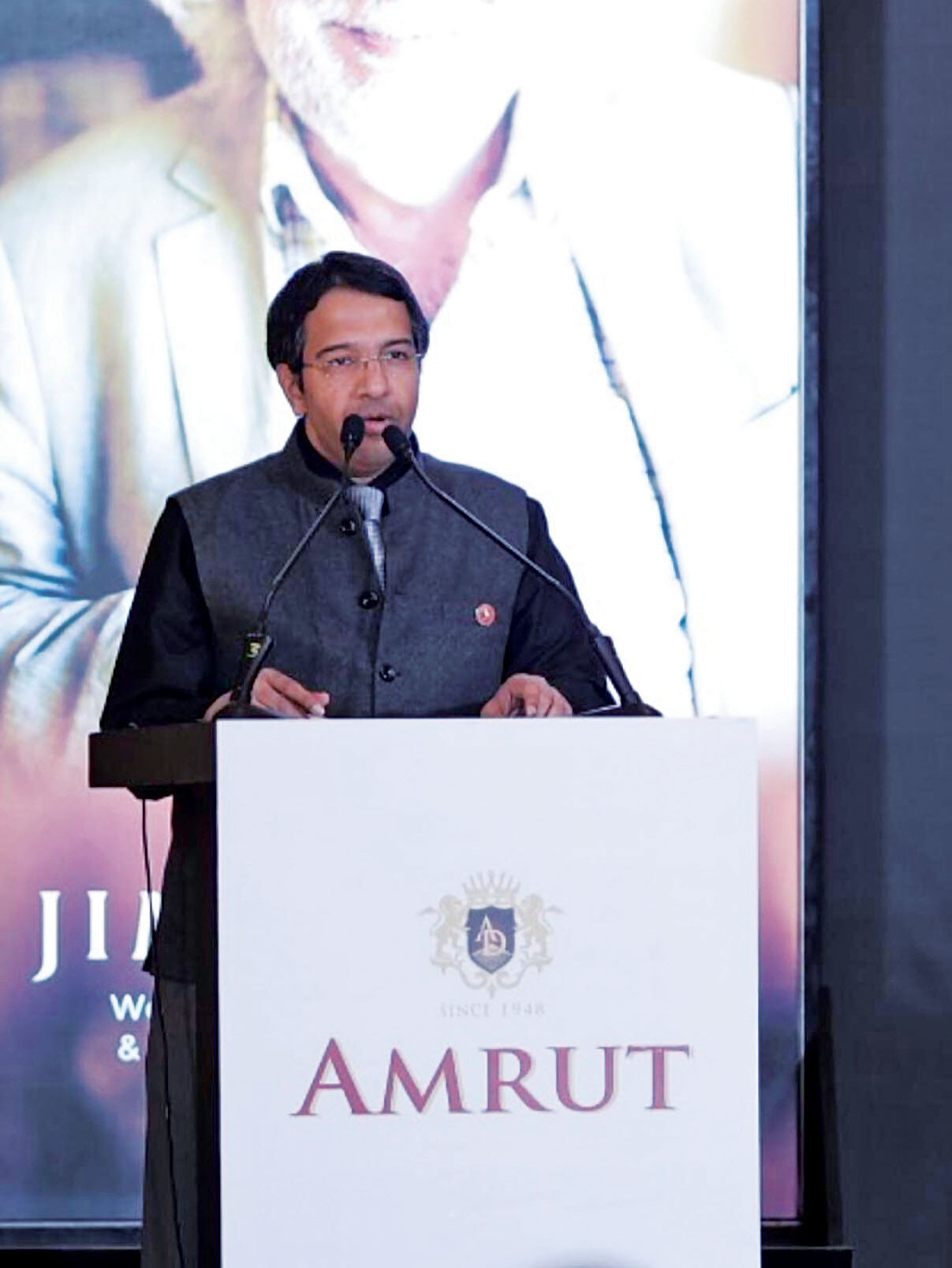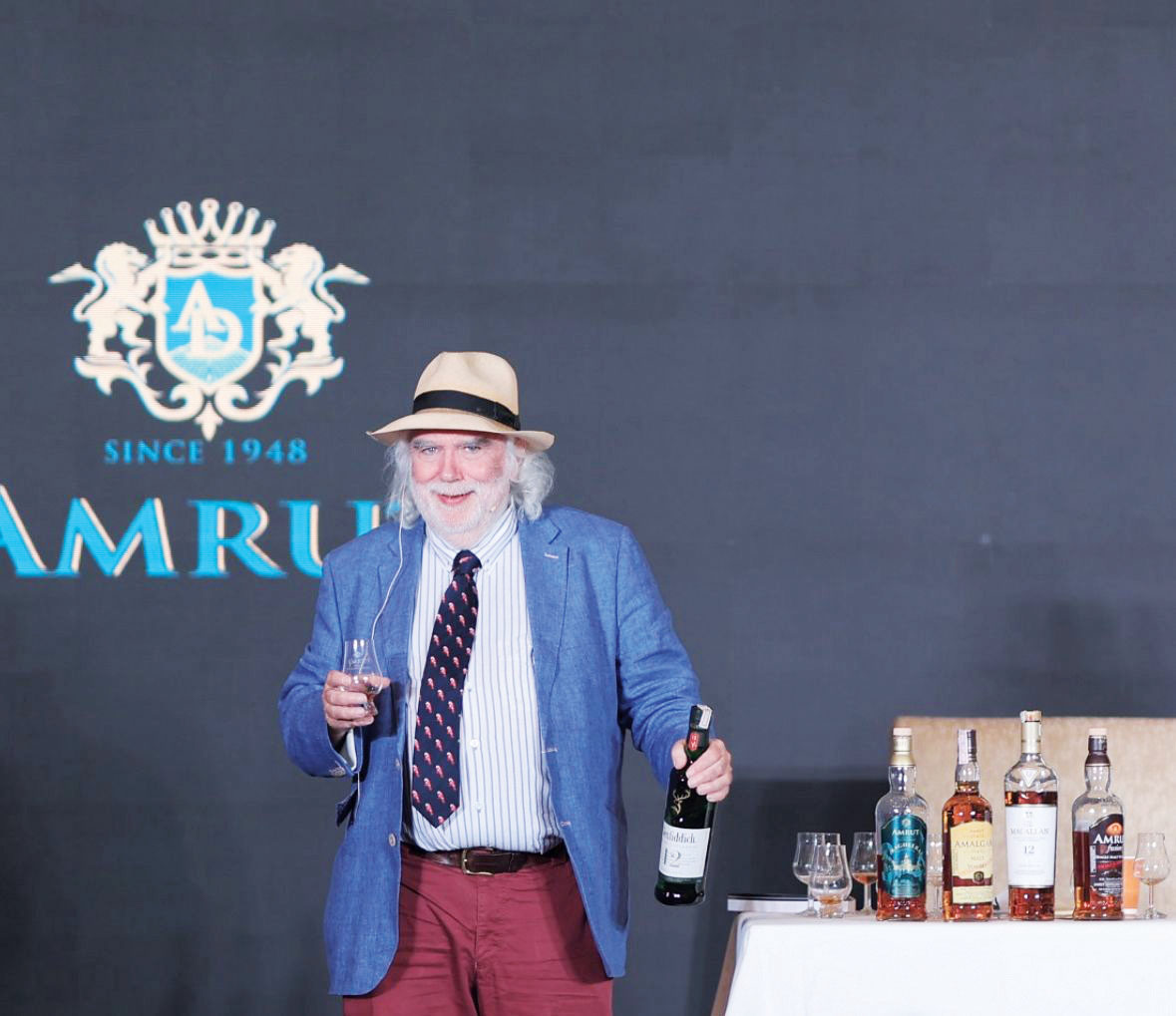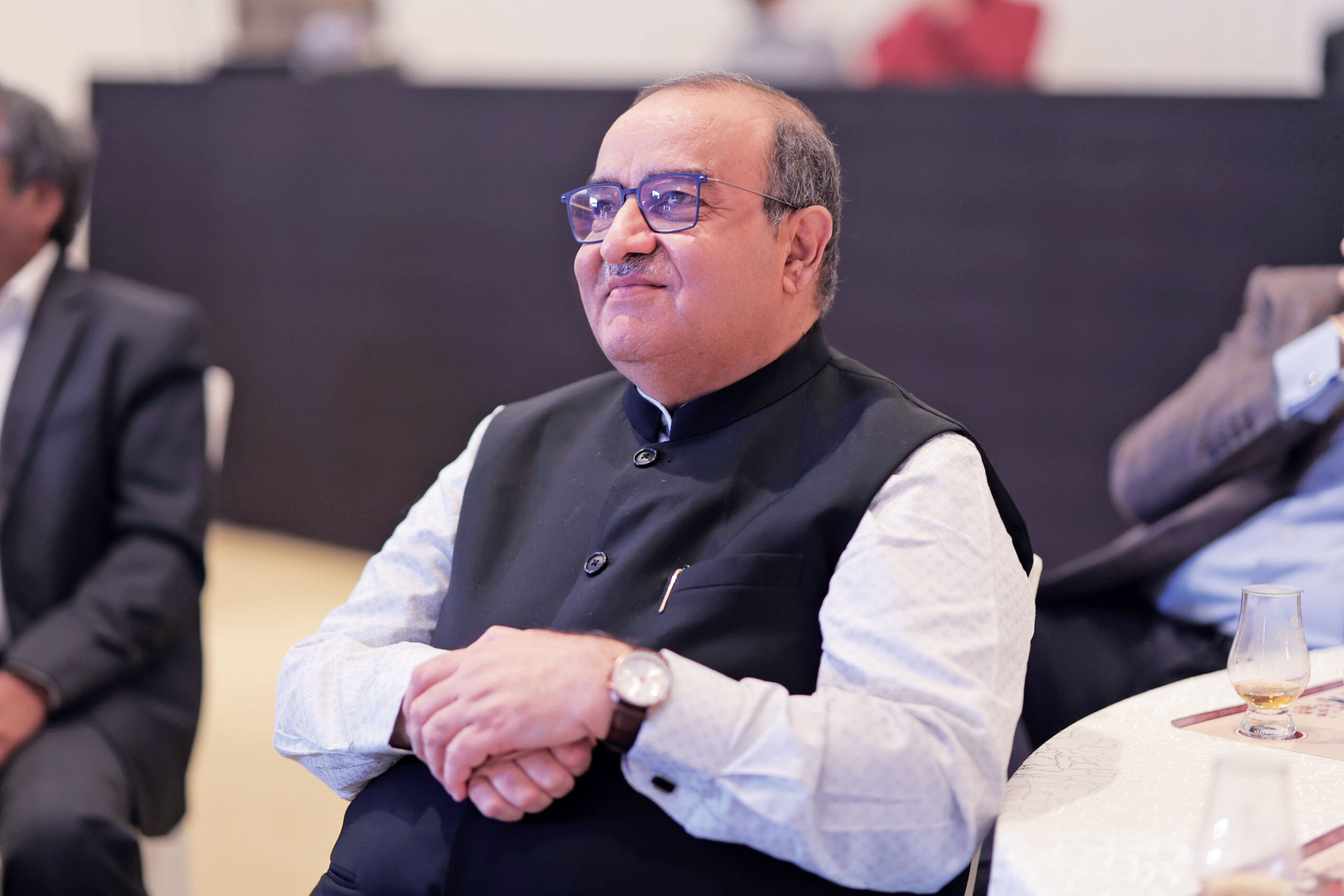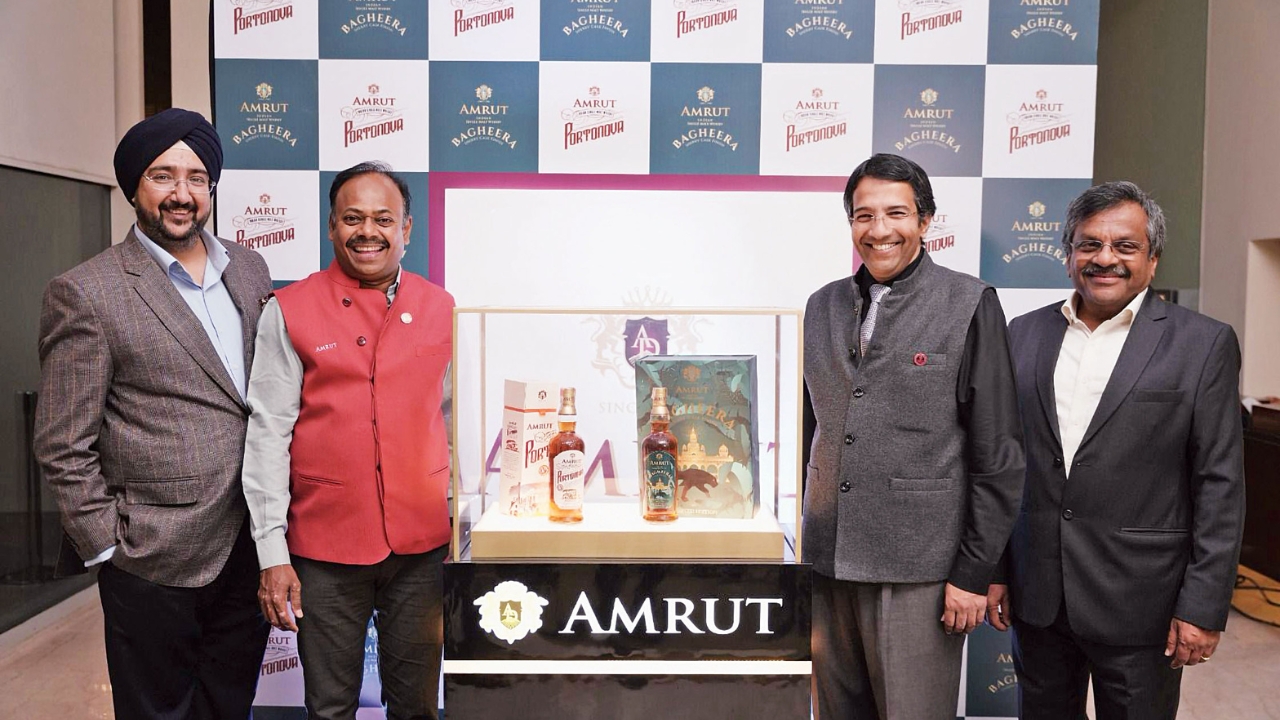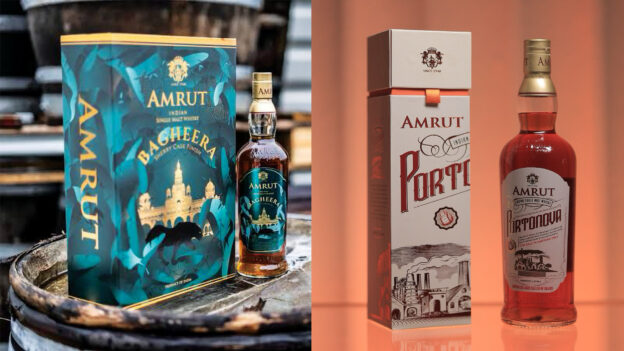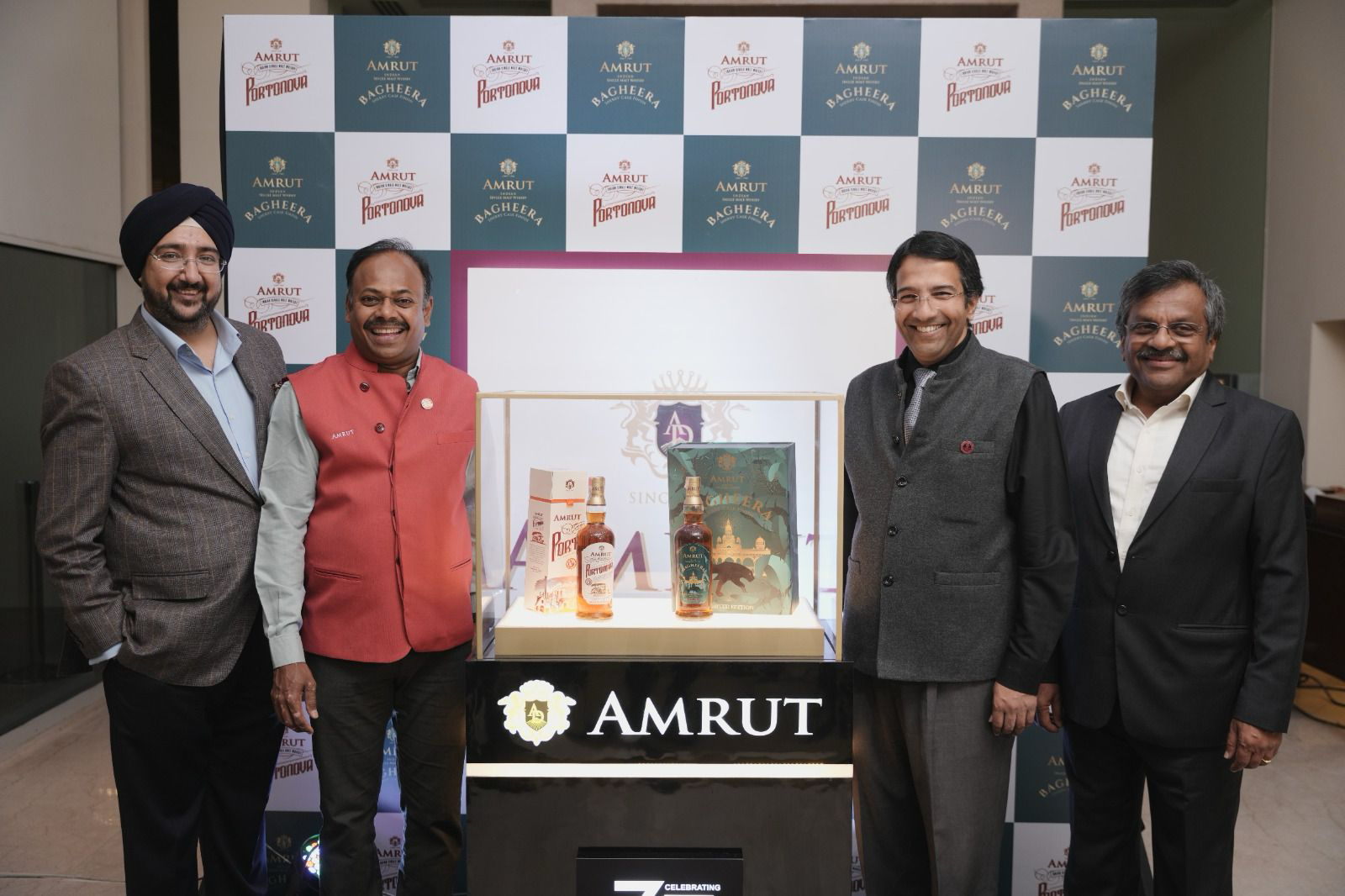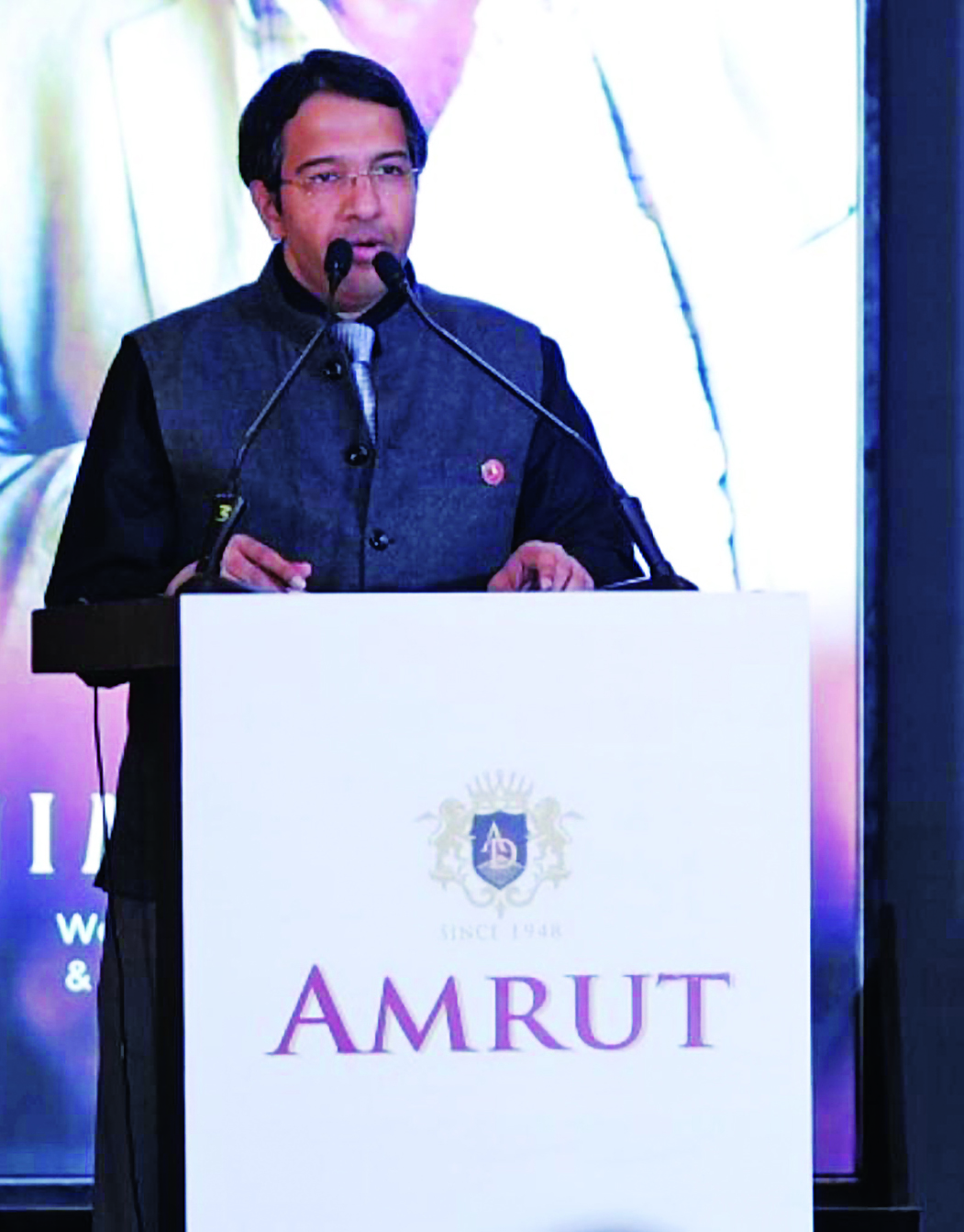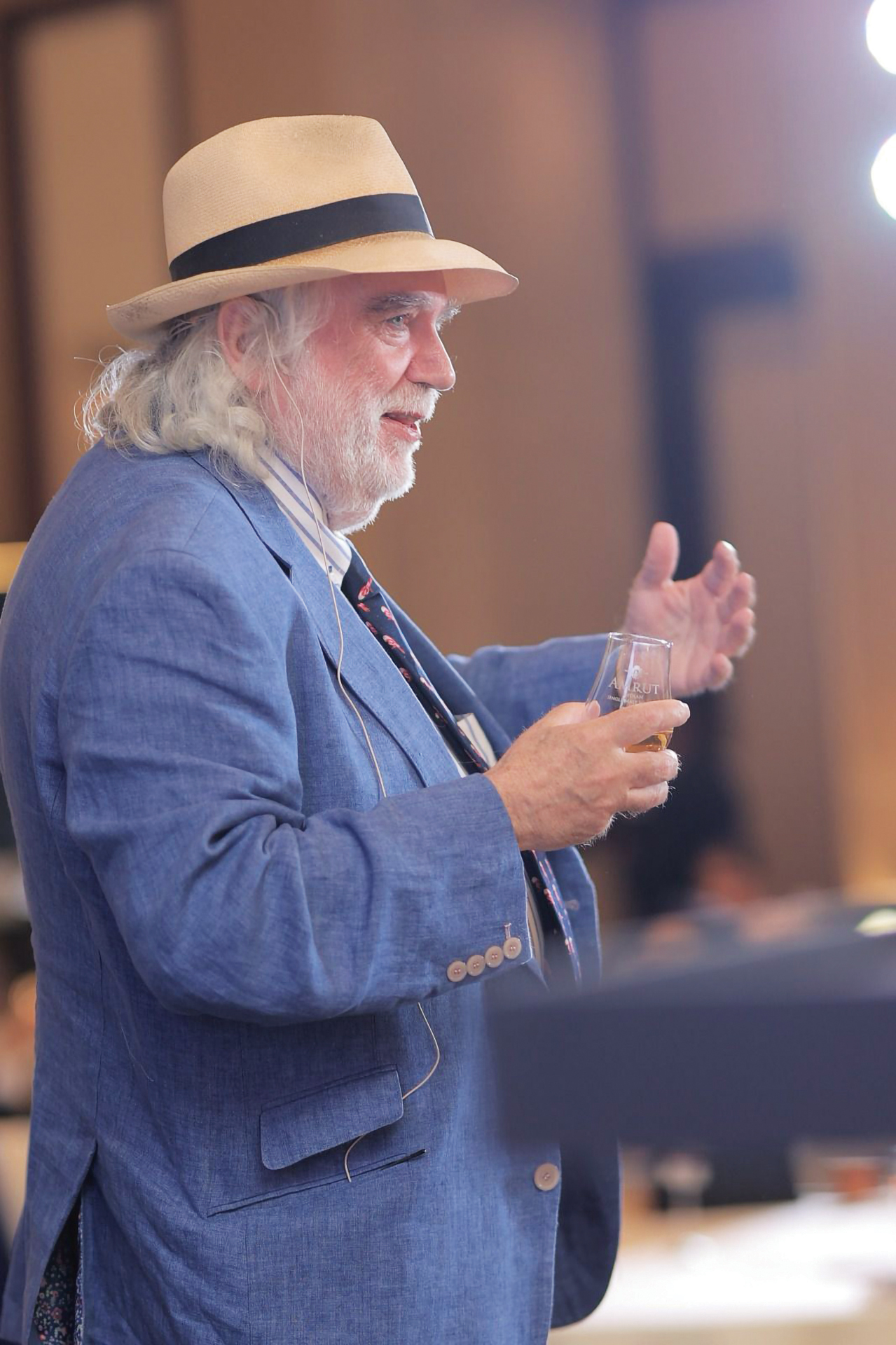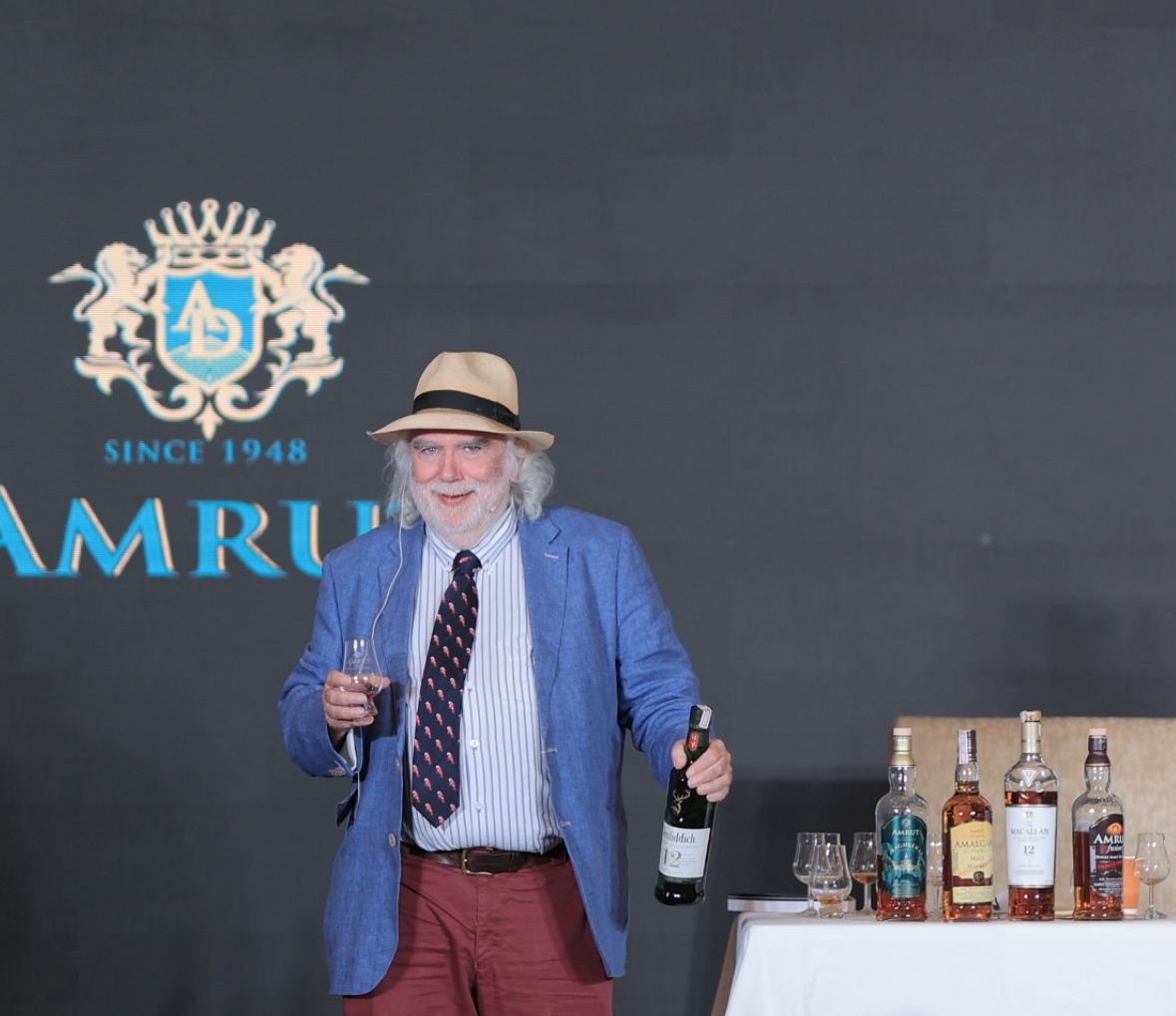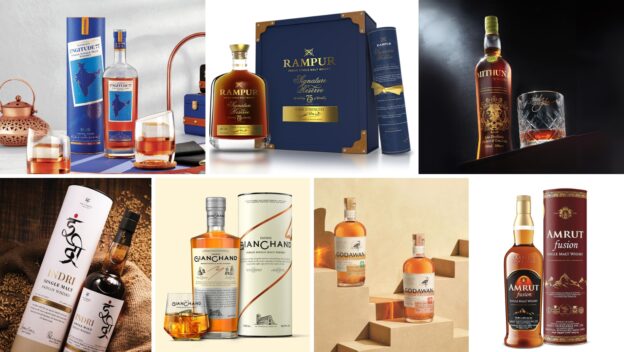Rakshit Jagdale, the Managing Director of Amrut Distilleries in a podcast conversation with Bhavya Desai talks about how the 75-year-old company has evolved over the years, starting from heritage brands such as Amrut XXX rum and Silver Cup brandy in the 1950s to the Amrut Single Malt and now to a limited edition of the oldest whisky from the sub-continent – The Expedition.
On February 26, 2025, Bengaluru-based Amrut Distilleries reached yet another highpoint in the alcobev sector when it launched The Expedition, the oldest single malt whisky in India, matured for 15 years, and sold for 12,000 USD (₹10.50 lakhs) per bottle. Celebrating its 75th anniversary, Amrut Distilleries released 75 bottles of this rare whisky, 66 of it for the international market and the rest for the Indian market.
Matured for 15 years
The Expedition is matured for 15 years, initially in European Sherry casks for 8 years and then American Bourbon casks for 7 years, developing deep, opulent flavours, complexity and depth. Amrut’s Expedition packaging exudes the grandeur of a royal heirloom. The merging of metal and wood took six months. Each handcrafted box houses an individually engraved and numbered bottle, featuring a diamond-cut design with intricate gold engravings. A regal silver peg measure, crafted by a Bangalore silversmith, has been embedded with a near-field communication (NFC) tag and authentication card.
Globalisation and the Market
Not just The Expedition, the international market for Amrut has been the US, followed by Europe and the APAC region, the last one is fast growing for single malt whiskies. “It has been a very exciting time for us in the industry now. We should see how it will unfold,” Rakshit said and mentioned how the markets opened up in India in 1990-91 with globalisation. “Seagram’s came with advertising blitzkrieg for Royal Stag, something which we had not seen. People started shifting from drinking heavier blended whiskies like MaQintosh or Peter Scot or Royal Challenge into drinking lighter whiskies like Royal Stag. At Amrut, we did not stop distilling, we kept on maturing our malts.”
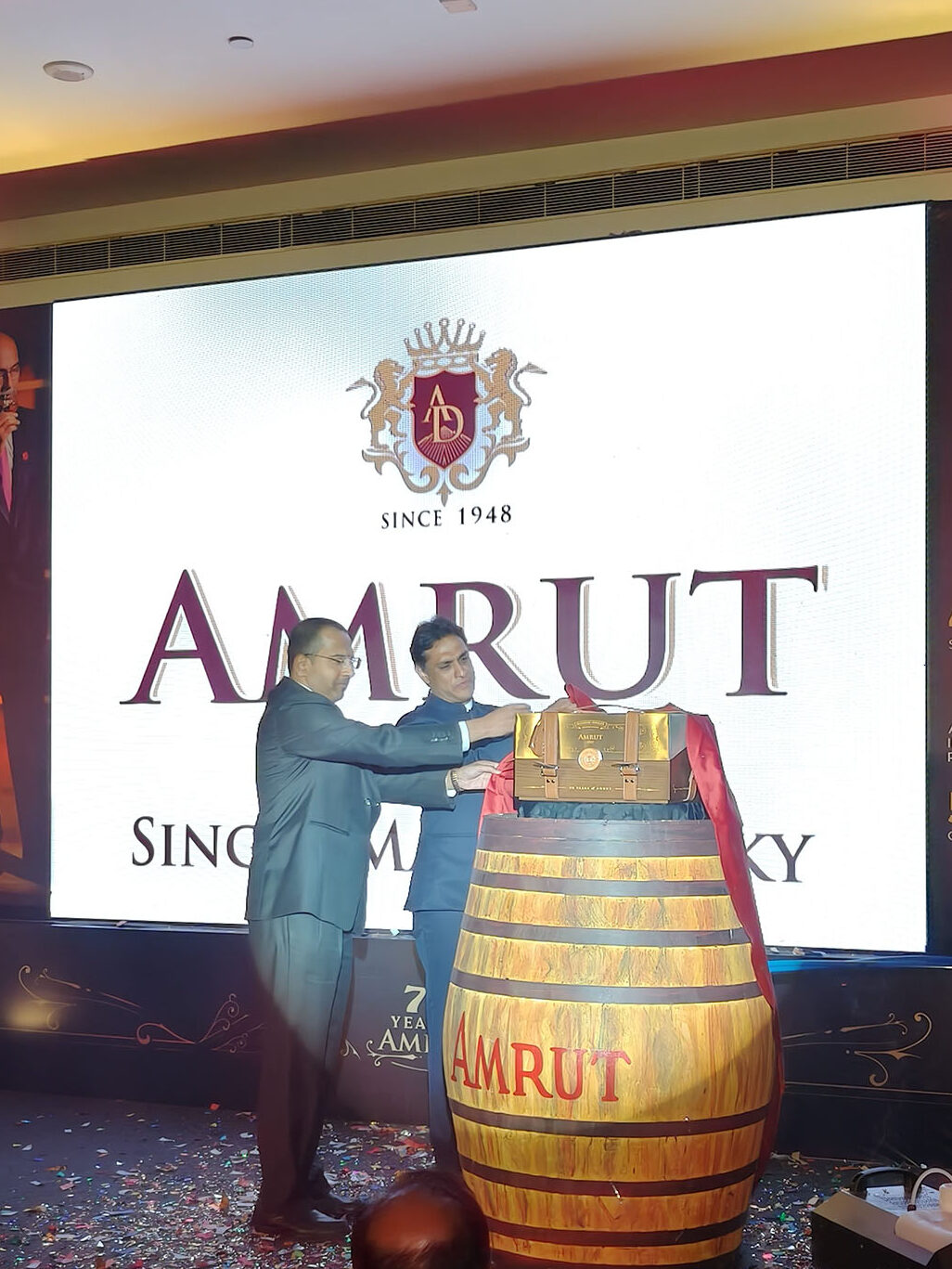
Lighter Whiskies
It was around 1995-96 that Amrut cut down using heavier malts in MaQintosh from 35% to 10% to 8%. “It was then we thought why not go for single malt whisky, why not explore.” The first batch was matured for four years average and now the company is using a larger percentage of older whiskies. “We don’t have that much of quantity, we run out of supply,” confesses Rakshit.
Denying that the company created a demand to jack up prices and make it luxury, Rakshit said, “We didn’t have enough whisky, even now it is the case, but we do come up with special edition whiskies. Who wouldn’t want to sell more of their product.”
Technologies at play
Talking about how the company has evolved over the years, Rakshit said, “Techniques have evolved and barleys have improved from two row to six row. The yeast varietals have undergone massive change. Distillation technologies have also improved. The world over, the yield per ton of malt spirit has improved significantly now. Earlier, we were probably touching around 350 to 360 alcoholic litres per tonne, we are now hitting close to 400 alcoholic litres per tonne. With Scottish malts it’s even higher going up to 415 to 425 litres per tonne.”
On location advantage, Rakshit said Bangalore at an altitude of 950 metres above sea level has significant advantage with relative humidity remaining high in summer and dropping significantly in winter. “We lose angel’s share in our warehouses at an average of 9% every year. Probably it doesn’t happen anywhere else, may be in Kentucky. We lose more water than alcohol. If you go down anywhere near the coast or if you mature in Scotland, it is the other way around, because in Scotland’s cooler clime, the angel’s share is 2% per year, but they lose more alcohol than water, with the strength dropping. Humidity and altitude play a very significant role for us.”

